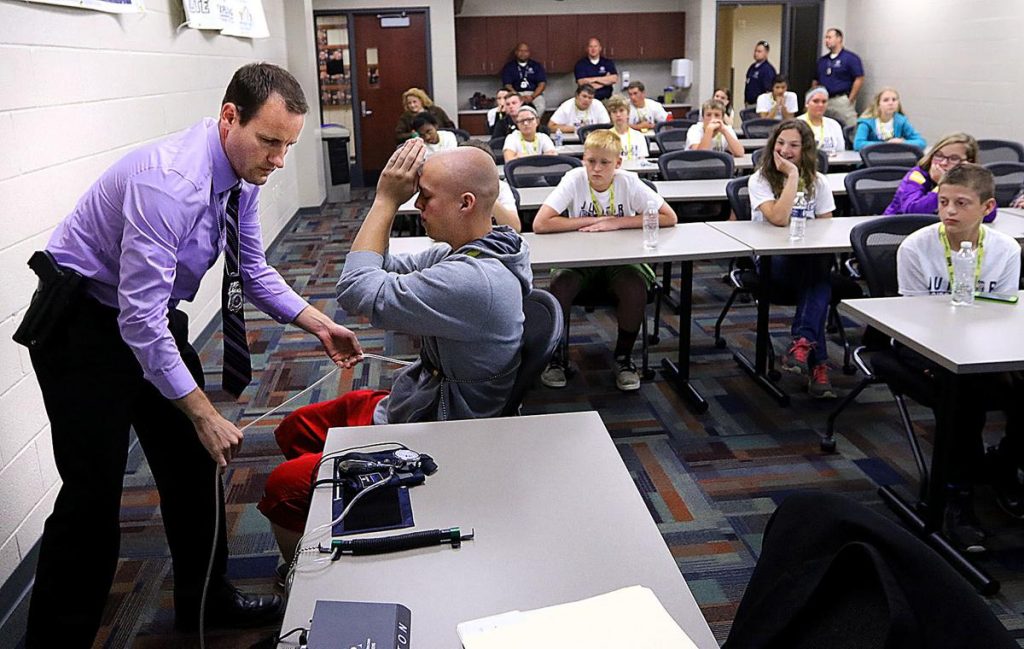In a 19 May 2020 ruling, the Wisconsin Court of Appeals upheld the suppression of a post-polygraph confession in the child molestation case of Wisconsin v. Adam W. Vice (2018AP2220-CR).
In 2016, Vice was accused of sexually molesting a four-year-old girl. Questioned by Washburn County Sheriff’s Department investigator William Fisher, Vice “denied any wrongdoing and asked Fisher if there was anything he could do to clear his name.”
Fisher arranged for Vice to submit to a polygraph “test” conducted by Ryan Lambeseder of the Eau Claire Police Department. Vice “failed” the polygraph and ultimately confessed during a post-polygraph interrogation jointly conducted by Lambeseder and Fisher.
The Wisconsin Court of Appeals concluded (at para. 72 of its decision) that:
…the totality of the circumstances here evidences that the officers improperly used coercive methods and strategies to overcome Vice’s ability to resist including: (1) making numerous, repeated references to the polygraph results throughout the entire course of the post-polygraph interview; (2) repeatedly asserting that those results showed Vice—who claimed not to remember the assault—did remember it; (3) failing to correct Vice’s statement that he must have assaulted the victim because the test said he did; and (4) failing to inform Vice that the test results would be inadmissible in any criminal proceedings against him.
The court goes on to state (at para. 81): “…we caution law enforcement officers that if they plan to rely on polygraph results in order to elicit a defendant’s confession, they need to inform the defendant that those results are inadmissible in court.”
Gretchen Schuldt of the Wisconsin Justice Initiative reports on the ruling in a 26 May 2020 UrbanMilwaukee.com article titled, “Appeals Court Nixes Post-Polygraph Confession.”
See also the Wisconsin State Public Defender On Point blog post, “Defense win! COA affirms suppression of confession given after polygraph exam,” which includes a link to other filings in this case and a comment by Vice’s attorney, Frederick A. Bechtold.
And for an example of a federal case where a post-polygraph confession was suppressed, see our 2016 article, Federal Judge Throws Out FBI Post-Polygraph Confession Over Concerns About Voluntariness.
